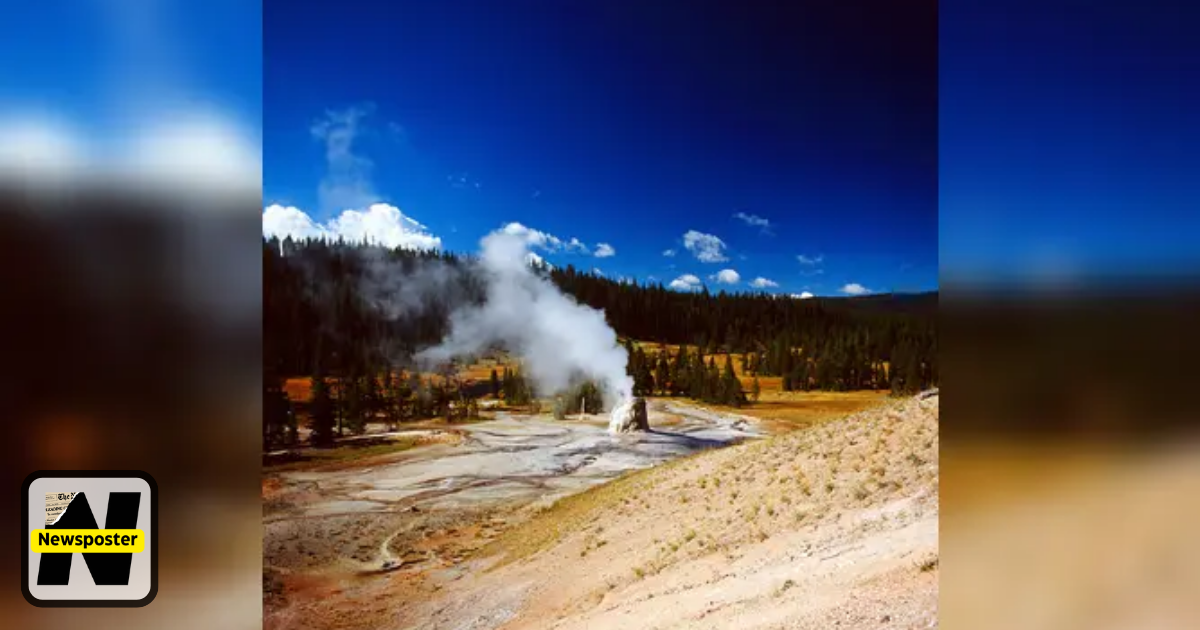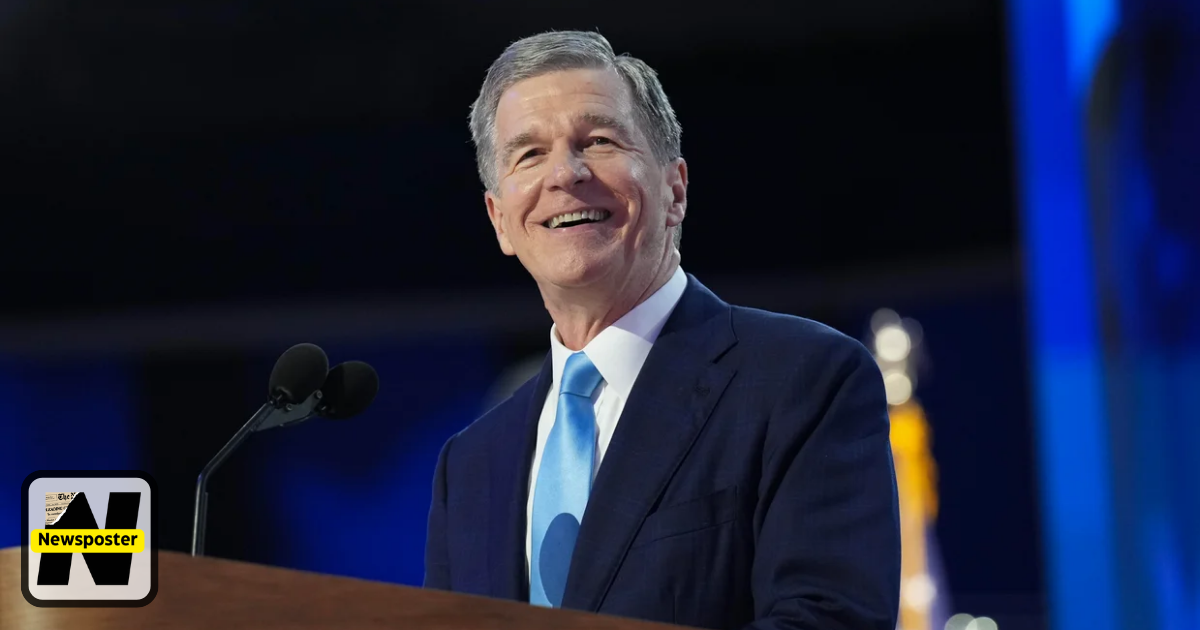Former North Carolina governor Roy Cooper announced Monday his candidacy for the U.S. Senate, aiming to succeed retiring GOP Senator Thom Tillis, who recently declared he would not seek reelection in 2026.
In a campaign video, Cooper framed his run as a fight to protect the middle class. He said, “Today, for too many Americans, the middle class feels like a distant dream,” adding that the wealthiest Americans and biggest corporations have amassed “unimaginable wealth at your expense.” He warned the country is at a fragile moment, and the upcoming election will “determine if we even have a middle class in America.”
Though Cooper said he would have preferred to continue serving as governor in North Carolina, he felt compelled to run for Senate because of national political decisions that have increased the federal debt and cut health care and aid programs, “just to give tax breaks to billionaires.” Earlier this month, Congress passed a major spending bill that extends former President Trump’s 2017 tax cuts, increases border security, defense, and energy spending, and includes cuts to health care and nutrition programs. The Congressional Budget Office estimates the bill will add $3.4 trillion to deficits over 10 years and result in millions losing health insurance, although Republicans and the White House dispute those figures.
Cooper, a two-term governor who defeated Republican Pat McCrory, previously served nearly four terms as North Carolina’s attorney general, making him the longest-serving in the state’s history. He stated, “I want to serve as your next United States Senator, because, even now, I still believe our best days are ahead.”
Republican National Committee chairman Michael Whatley is expected to announce his own bid for Tillis’ Senate seat soon. Senate Minority Leader Chuck Schumer and Democratic Senatorial Campaign Committee Chair Kirsten Gillibrand welcomed Cooper’s entry, calling him “a formidable candidate who will flip North Carolina’s Senate seat” and signaling that Republicans’ Senate majority could be at risk in 2026.











